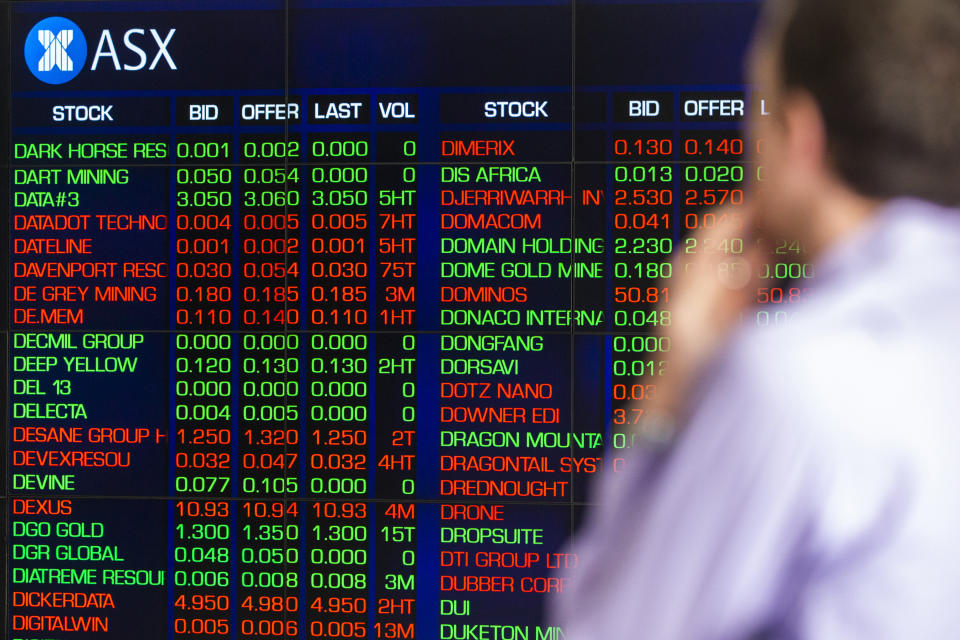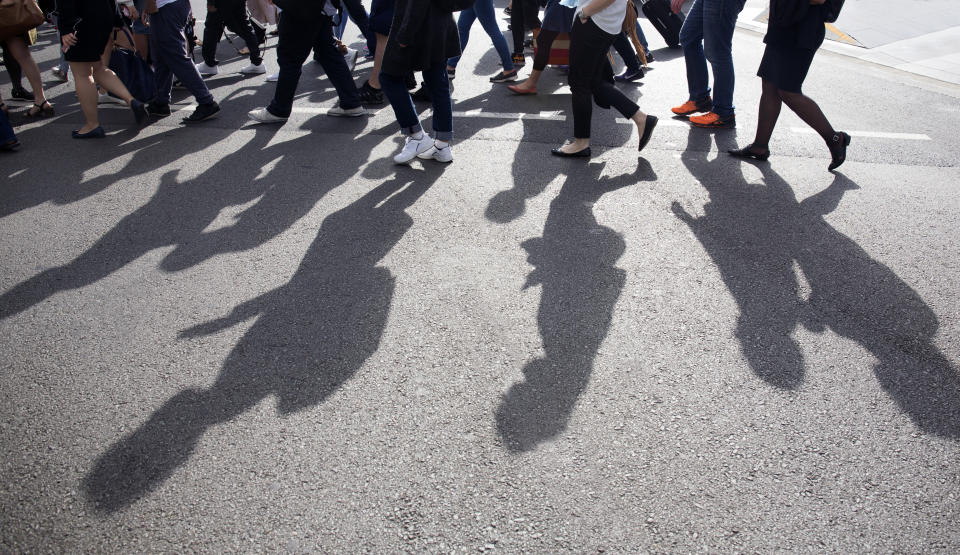What the... Stock markets explained

Last Monday saw the worst one-day drop on the ASX200 since the 1987 crash, then the biggest one-day increase on the S&P/ASX200 since 1997 on Tuesday. And just yesterday, the ASX200 hit an eight-year low.
Help: The Future Fund can and should support the stock market
Should I...: Is it finally time to start buying stocks?
You don’t need to be a hotshot investment analyst to know that that’s a lot of superlatives, in a very short amount of time. These nauseating dips and mind-bending increases are far from normal.
But what do those numbers actually mean?
It’s a question much of Australia is now pondering as the economic fallout of the deadly Covid-19 disease begins to occupy as much airtime as the disease itself.
Here’s our simple breakdown of how the share markets work, and what they mean for our daily lives.
Let’s break it down
What’s a share market?

Let’s start at the beginning: a share market is a place where companies and traders meet to sell and buy shares.
A share is a portion of a company. This increases or decreases in line with the company’s value, and may also change in value if the company releases more shares into the market.
For example, the largest share market in Australia is the Australian Securities Exchange, the ASX.
The ASX is different to the S&P/ASX200 and the All Ordinaries: these are indices.
What’s an index?

Indices are subsets of a particular stock market, or total stock market. They’re made up of companies listed on the respective stock market. For example, the S&P/ASX200 is an index managed by Standard & Poors (S&P) and is made up of the 200 largest companies listed on the ASX.
So when the ASX200 falls, that means the value of the largest 200 companies has overall fallen.
And the share market and indices fall when people sell shares.
Why do people sell shares?

There are a few reasons why people sell shares. It could be because they believe the things that they liked about the company as an investment opportunity have disappeared.
Or it could be because they believe they bought shares when they were cheap, compared to how much they were worth, and now they can sell them for a profit as the value has gone as high as it will.
And others will sell shares so they can buy different shares.
Investors may also offload their shares due to external sources, like a major pandemic. The current share market sell-off we’re seeing is due to beliefs the coronavirus will see many large companies, like airlines and manufacturers, struggle and potentially go under as demand plummets.
If enough people sell-off their shares, we enter crash territory.
What’s a crash?

For a lot of us, the phrase “stock market crash” evokes images of men wearing strange shirts with their heads in their hands, surrounded by boards flashing red, completely aghast.
A crash occurs when people sell so many shares that an index, like the S&P/ASX200, decreases by at least 20 per cent in value within days, or even a single day.
This is different to a correction, which is when an index loses 10 per cent in value over a longer period of time, like a year.
What happens to the company when people sell the shares they had in it?

Companies use investors’ money to invest further and grow. So when companies lose that money, that limits their ability to grow and even pay staff.
This has two main effects: workers are laid off, and future money that would have been spent growing the business - and employing more people - also isn’t spent.
Okay, what does that mean for me?

If you work for one of the companies that have seen their stock value plummet, you or your colleagues may receive less work, see pay or bonuses cut or even be laid off.
And even if you don’t, the effects continue to ripple out. For every unemployed worker, that’s one less person purchasing a new car, suit or even dinner out. And that means that suddenly demand for these items also drops, pushing shop assistants, manufacturers, hospitality staff and more out of work.
If this goes on far enough, you’re looking at a recession.
Make your money work with Yahoo Finance’s daily newsletter. Sign up here and stay on top of the latest money, news and tech news.
Follow Yahoo Finance Australia on Facebook, Twitter, Instagram and LinkedIn.

 Yahoo Finance
Yahoo Finance 